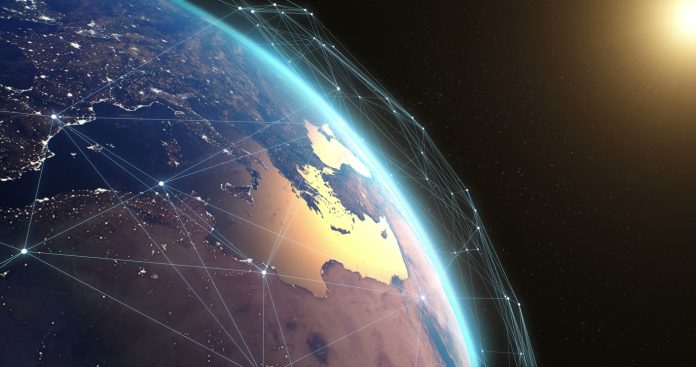At the ongoing COP29 summit, the UK Space Agency, as Chair of the Committee on Earth Observation Satellites (CEOS), delivered a vital statement showcasing the importance of satellite data in monitoring and addressing climate change
Representing CEOS and the Coordination Group for Meteorological Satellites (CGMS), the UK highlighted the significant role that space-based technologies play in tracking vital climate indicators and guiding global climate action.
Earth’s changing climate
Satellites have become essential tools for observing the Earth’s changing climate. By collecting data from across the globe, they provide critical insights into issues such as land cover changes, sea level rise, temperature trends, and extreme weather events.
As the impacts of climate change become more apparent, demand for accurate, timely data has increased, and satellites are leading the charge in meeting these needs.
The UK Space Agency’s statement focused on six key areas where satellite observations have dramatically advanced climate science and decision-making.
One of the most notable is in greenhouse gas monitoring. Satellites have changed the way carbon dioxide, methane, and other greenhouse gases are measured, allowing for the detection of major methane leaks and better global carbon budget estimates. This has direct implications for reducing emissions and addressing the climate crisis.
Using satellite data to address the climate crisis
Land cover changes, such as deforestation, are also monitored from space. Land cover changes, such as deforestation, are also monitored from space. Satellites track these shifts and help countries develop greenhouse gas inventories, even where historical data still needs to be provided.
Satellite data has been crucial in understanding global temperature trends, providing comprehensive, long-term data on rising temperatures and regional variations.
The role of satellites in monitoring melting polar ice and rising sea levels has also proven vital. With Greenland’s ice sheet losing alarming amounts of ice each year, satellite data is helping scientists track these changes, providing the global community with a clearer picture of the impacts of climate change.
Satellites also play an important role in tracking and predicting extreme weather events, such as hurricanes, heat waves, wildfires, floods, and droughts, enabling better preparation and response strategies.
They are vital in monitoring ocean health and providing data on sea surface temperature and salinity, which are vital for understanding the state of marine ecosystems and trends in ocean acidification.
The statement from CEOS emphasised that as the demand for climate data continues to grow, the satellite framework must evolve to keep up to date with new challenges. Efforts are underway to develop new satellites, ground systems, and data standards to ensure that the world’s satellite infrastructure can continue to meet the needs of the global community in the fight against climate change.











